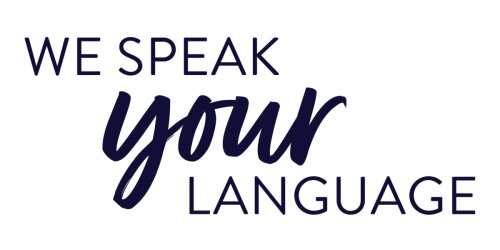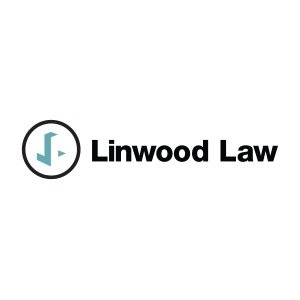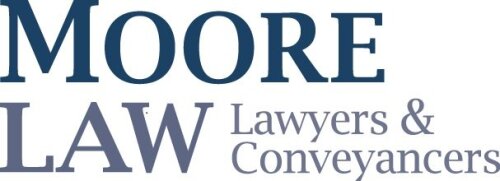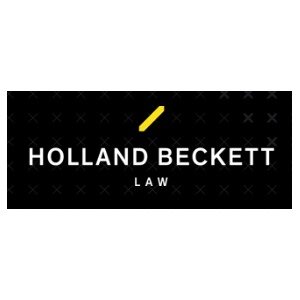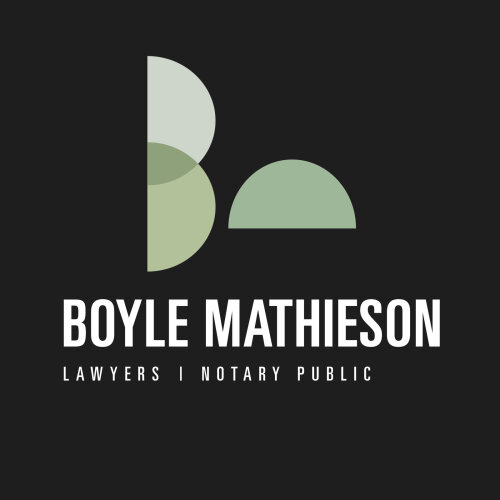Best Nonprofit & Charitable Organizations Lawyers in New Zealand
Share your needs with us, get contacted by law firms.
Free. Takes 2 min.
Or refine your search by selecting a city:
List of the best lawyers in New Zealand
About Nonprofit & Charitable Organizations Law in New Zealand
Nonprofit and charitable organizations in New Zealand play a pivotal role in social development, community engagement, and providing essential services. These entities operate under a framework that ensures their actions are aligned with public interest goals and charitable purposes. Nonprofits in New Zealand can take various forms, including charitable trusts, incorporated societies, and non-profit companies. To be recognized as a charity, an organization must register with the New Zealand Charities Services, which mandates compliance with specific legal obligations designed to promote transparency and accountability.
Why You May Need a Lawyer
Engaging a lawyer who specializes in nonprofit and charitable organizations can be beneficial in several scenarios. Common situations include establishing a nonprofit organization, navigating complex regulatory requirements, ongoing compliance with legal obligations, handling disputes with funders or members, drafting or reviewing contracts, mergers with other organizations, and understanding tax obligations and exemptions for charitable entities. Legal advice can ensure that your organization operates legally and effectively, safeguarding its mission and assets.
Local Laws Overview
The operation of nonprofit and charitable organizations in New Zealand is governed by several key laws. The Charities Act 2005 regulates the establishment and operation of charities, requiring organizations to have a charitable purpose and register with the Charities Services. The Incorporated Societies Act 1908 provides the framework for incorporated societies, while the Trusts Act 2019 regulates charitable trusts. Moreover, the Income Tax Act 2007 outlines tax exemptions available to registered charities. Staying informed about these laws is critical for maintaining compliance and taking full advantage of the legal benefits available to nonprofit entities.
Frequently Asked Questions
What is the difference between a nonprofit and a charity in New Zealand?
A nonprofit is an organization that operates for a public or community purpose without the intent of making a profit for its members. A charity is a specific type of nonprofit that meets certain criteria and is registered with the Charities Services to receive tax exemptions and solicit donations legally.
How do I register a charitable organization in New Zealand?
You can register by applying to the Charities Services. The organization must have charitable purposes, a suitable governance structure, and comply with reporting obligations.
Do all nonprofits need to register as charities?
No, only those nonprofits that wish to gain charitable registration status and tax exemptions need to register. Others can operate as incorporated societies, trusts, or unincorporated associations without being registered as a charity.
What are the tax benefits available to registered charities?
Registered charities in New Zealand can access several tax benefits, including income tax exemptions, fringe benefit tax exemptions, and GST concessions. Donations to registered charities are also eligible for tax rebates for individual donors.
Can a charity in New Zealand operate overseas?
Yes, a New Zealand registered charity can operate internationally. However, it must continue to meet the Charities Services' requirements and demonstrate that its overseas activities align with its charitable purposes.
What is involved in maintaining compliance for charitable status?
Compliance involves submitting annual returns, meeting detailed reporting requirements, maintaining accurate financial records, and adherence to governance standards set by Charities Services.
What is the role of trustees or board members in a nonprofit?
Trustees or board members are responsible for the governance of the nonprofit. They ensure that the organization meets its obligations, operates effectively, and achieves its stated goals ethically and legally.
How can my nonprofit get funding?
Nonprofits can secure funding through donations, grants from government bodies or private foundations, sponsorships, fundraising events, and membership fees.
What reporting is required for nonprofits?
Reporting requirements vary based on the type and size of the nonprofit. Generally, they must file annual financial reports, board meeting minutes, and other documents with the relevant authorities.
What happens if a nonprofit organization violates its legal obligations?
Violations can result in penalties, loss of tax-exempt status, or deregistration in severe cases. It is crucial to address any legal issues promptly with the help of a legal professional to mitigate potential consequences.
Additional Resources
If you are seeking legal advice or wish to learn more about nonprofits and charitable organizations in New Zealand, consider exploring the following resources:
- Charities Services - Offers comprehensive information about registering and operating a charitable organization.
- Societies and Trusts - A government resource for incorporated societies and charitable trust registration.
- New Zealand Law Society - Provides access to legal professionals and resources for legal assistance.
- CommunityNet Aotearoa - Offers a wide range of tools and resources for nonprofit governance and management.
Next Steps
If you need legal assistance for your nonprofit or charitable organization, consider taking the following steps:
- Identify the specific legal issues or advice you require.
- Research and reach out to law firms or legal professionals specializing in nonprofit law in New Zealand.
- Prepare relevant documents and information related to your organization for the legal consultation.
- Schedule a consultation to discuss your needs and potential solutions.
- Ensure ongoing compliance by establishing a strong relationship with a legal advisor for continuous support and guidance.
Lawzana helps you find the best lawyers and law firms in New Zealand through a curated and pre-screened list of qualified legal professionals. Our platform offers rankings and detailed profiles of attorneys and law firms, allowing you to compare based on practice areas, including Nonprofit & Charitable Organizations, experience, and client feedback.
Each profile includes a description of the firm's areas of practice, client reviews, team members and partners, year of establishment, spoken languages, office locations, contact information, social media presence, and any published articles or resources. Most firms on our platform speak English and are experienced in both local and international legal matters.
Get a quote from top-rated law firms in New Zealand — quickly, securely, and without unnecessary hassle.
Disclaimer:
The information provided on this page is for general informational purposes only and does not constitute legal advice. While we strive to ensure the accuracy and relevance of the content, legal information may change over time, and interpretations of the law can vary. You should always consult with a qualified legal professional for advice specific to your situation.
We disclaim all liability for actions taken or not taken based on the content of this page. If you believe any information is incorrect or outdated, please contact us, and we will review and update it where appropriate.
Browse nonprofit & charitable organizations law firms by city in New Zealand
Refine your search by selecting a city.



